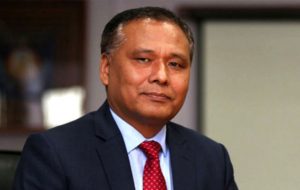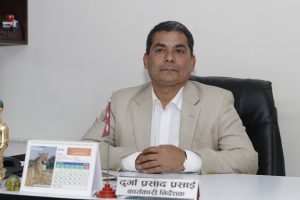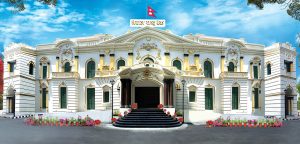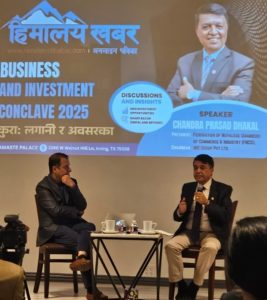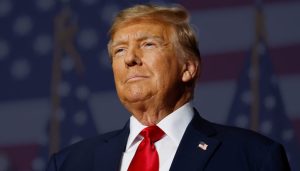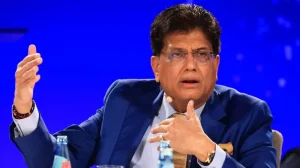Kathmandu — CPN (UML) Central Committee member Tank Karki has described Nepal’s current political situation as a “moment of national crisis”, urging the party leadership to engage in deeper self-reflection and decisive action.
Speaking at the Central Committee meeting on Thursday during deliberations on party chair KP Sharma Oli’s political report, Karki said both internal and external challenges facing the UML have intensified. He argued that the ongoing GenZ movement is not a spontaneous protest but a major political upheaval comparable to the historical Kot and Bhandarkhal incidents. He called it “the most destructive festival since those times.”
“This movement involves four forces,” he said. “Two are internal — revivalist elements and those eager to seize power — and two are external, each with its own strategy and goals.” Karki alleged that foreign powers are interfering in Nepal’s politics to influence the country’s geopolitical direction. “This planned and sponsored intervention threatens Nepal’s national independence, sovereignty, and territorial integrity,” he warned.
Leadership Accountability and National Consensus
Karki also questioned the party’s leadership, saying the UML failed to anticipate the scale of the current crisis. “What happened may have been sudden, but the signs were visible,” he said. He added that while Nepal’s foreign policy remains balanced and nationalistic, the party has failed to identify the “principal contradictions” in the current context. “The leadership cannot escape responsibility,” he stated.
He emphasized that resolving the crisis requires broad national consensus among political forces. Karki proposed a shared agenda centered on the federal democratic republic, ensuring free, fair, and fearless elections. “If such elections are not possible, the option of reinstating the House of Representatives should remain open,” he said.
Dialogue Over Confrontation
Karki cautioned against adopting an “all-out war” approach against opposing forces. He urged the party to identify allies, understand differences, and prioritize unity. “Even in times of crisis, dialogue with the opposition is essential,” he said, referring to internal disputes such as those involving former President Bidhya Devi Bhandari.
Concluding his remarks, Karki called for reforms in the party’s structure, institutions, and culture. “Politics is both a science and an art,” he said. “Opportunities like this come once in an era. If we fail to act wisely now, we will pay the price for generations to come.”

